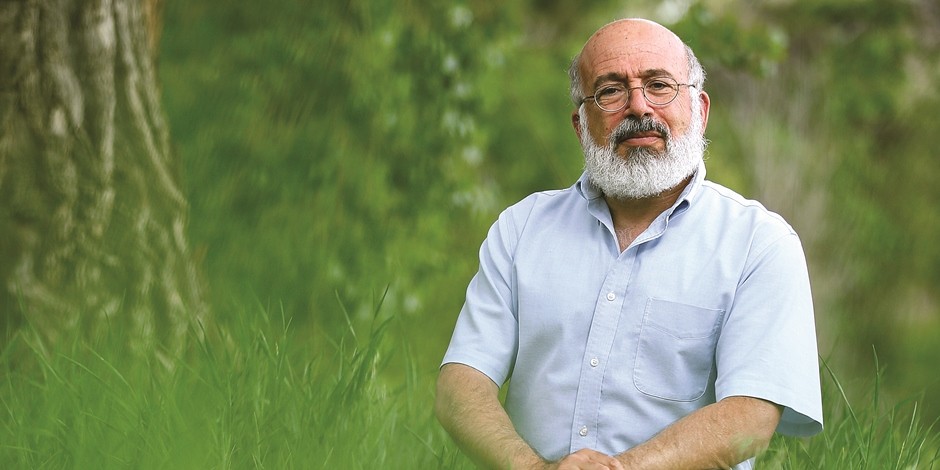Q&A With Denver Naturopathic Practitioner Jacob Schor
Can we really prevent or treat cancer with food?
There’s something about being a naturopathic doctor that invites people’s unsolicited diet confessions. They unload their guilt about unhealthy eating habits, admit their weaknesses and vices, and express concern about whether their poor choices might lead to cancer someday. But it’s not always clear whether these people are seeking consultation or just catharsis.
On some level, advising them is my professional duty. Isn’t that what I’d do if it were my best friend or a family member? The bigger question is: Would my advice truly help prevent them from getting cancer or help heal the cancer they already have? To get a colleague’s take on the matter, I turned to Denver naturopathic doctor and president of the Oncology Association of Naturopathic Physicians, Jacob Schor, ND. Seventy percent of Schor’s patients come to him seeking cancer support.
Many naturopaths believe we can prevent and treat cancer through diet: by choosing whole, organic foods and avoiding offenders like processed foods, refined flours and sugars, alcohol, and dairy products. Is diet always a precursor to chronic illness? Treating and preventing cancer isn’t so predictable. Many experts and books suggest that one of the easiest things for a person touched by cancer to address is his or her diet. But doing a dietary 180 can cause significant stress, which does not help the healing process. Different cancers require different dietary strategies. Hormone-dependent cancers versus brain tumors, for example, require different dietary approaches.

What about soy? Have you seen a correlation with certain cancers? We’ve gone back and forth on this for years. Recently a large meta-analysis showed that soy is slightly protective—not enough to get excited about but still significant statistically. It’s important to note that this means whole soy foods such as soybeans and tofu, not soy isolates, which are different.
Which dietary habits are most likely to increase risk of cancer or chronic disease? While we often focus on micronutrients and environmental toxins, the biggest dietary contributor to cancer is probably overconsumption
of macronutrients. Put in simple English, we eat too much. As our bodies process foods, they create natural carcinogens; plus, we become overweight. Obesity, insulin resistance and diabetes probably increase cancer far more than any other dietary cause. If you add in smoking and lack of exercise, the list is nearly complete. The dangerous carcinogens we encounter in plastics, herbicides and pesticides may also raise risk for certain cancers, but cutting back on how much we eat will naturally reduce our exposure to these harmful substances.

